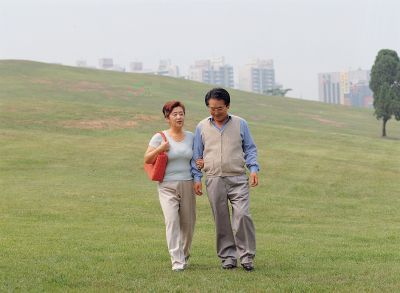S.Korea orders lights out to boost birthrate

Your support helps us to tell the story
From reproductive rights to climate change to Big Tech, The Independent is on the ground when the story is developing. Whether it's investigating the financials of Elon Musk's pro-Trump PAC or producing our latest documentary, 'The A Word', which shines a light on the American women fighting for reproductive rights, we know how important it is to parse out the facts from the messaging.
At such a critical moment in US history, we need reporters on the ground. Your donation allows us to keep sending journalists to speak to both sides of the story.
The Independent is trusted by Americans across the entire political spectrum. And unlike many other quality news outlets, we choose not to lock Americans out of our reporting and analysis with paywalls. We believe quality journalism should be available to everyone, paid for by those who can afford it.
Your support makes all the difference.South Korea's health ministry, which is charged with boosting the nation's low birthrate, is turning off the lights in its offices once a month to encourage staff to go home early and make more babies.
The ministry said in a statement Wednesday the switches will be flicked at 7.30 pm every third Wednesday in the month to "help staff get dedicated to childbirth and upbringing".
Those with urgent duties will be exempt from the switch-off.
"Going home early may have no direct link to having more kids, but you cannot just completely rule out a possible link between them," Choi Jin-Sun, who is in charge if the project at the ministry, told AFP.
Low birthrate is a pressing issue in this fast-ageing society.
South Korea's birthrate - the average number of babies born during a woman's lifetime - remained near the world's lowest at 1.19 in 2008 and there are fears the population will begin shrinking within a decade.
"It won't be too long before our children are burdened with supporting the elderly," Health Minister Jeon Jae-Hee told the Korea Times newspaper.
"Korea may lose out in the global economic competition due to a lack of manpower. It is actually the most urgent and important issue the country is facing."
Married staff at the ministry are not doing their bit, with an average of 1.63 children compared to the average of 1.82 among all civil servants. The ministry aims to increase the figure to 2.0 in two years.
The ministry has various other incentives, including cash gifts, for staff who produce more than two babies. Some local governments also run schemes or even matchmaking services to boost the birthrate.
Join our commenting forum
Join thought-provoking conversations, follow other Independent readers and see their replies
Comments